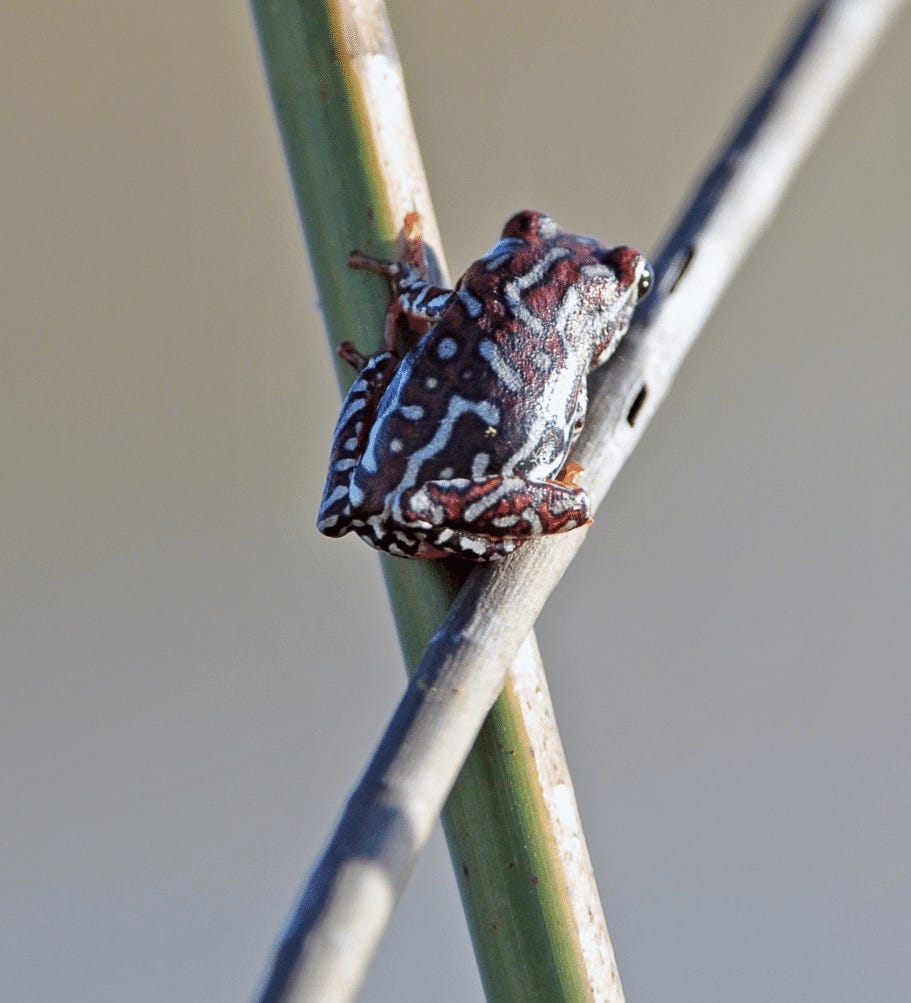Taming Wild Problems
Choosing Wisely
A learned fool is more foolish than an ignorant one. Molière
Balaji's Dilemma
Balaji called, rather insistent that we meet; typically, I would coach him virtually.
He told me,
I was about to promote Dan, an expert on the Cloud and the best person on my team, when he resigned yesterday. He is joining the movies as a stuntman and will be on the floor next week for his first movie. I can't understand why someone would throw everything away and take such a significant risk. He is a gifted programmer with a flair for digital transformation and now wants to be a stuntman! He said, shaking his head in disbelief.
Balaji believed Dan was letting his emotions, his passion for action movies, influence his foolish decision to 'throw away a bright and promising career.'
He said wryly that as a data scientist,
I had even prepared a rigorous risk assessment on the perils of being a stuntman.
Was Dan being foolish, or was Balaji wrong?
That would depend on your perspective.
Russ Roberts, the Econtalk host, would call this a wild problem, one where there are no easy answers. For some of us, a wild problem could be whom to marry, joining a startup, emigrating or, like Dan, pursuing his passion.
Inevitably, these wild problems form the heart of the most meaningful conversations I have with the leaders I coach.
Their most significant insight is that they have focused on solving the problem rather than understanding what's going on. It's not about being smart; it is about being wise.
Wisdom
Webster's dictionary distinguishes three types of wisdom:
Knowledge, or accumulated philosophic or scientific learning;
Insight, or the ability to discern inner qualities and relationships; and
Judgement, or good sense.
Wisdom is about being savvy with people.
It is about good sense and discernment when it comes to people. It is about putting individual events in perspective and taking a broader view of the issue as others would.
Wiser people are more insightful about people, and they understand the power of emotions.
Feelings Matter (a lot!)
In his brilliant book ‘How to make the World add up,’ Tim Harford describes how he deals with his emotions.
Before I repeat any statistical claim, I try to note how it makes me feel. It’s not a foolproof method against tricking myself, but it's a habit that does little harm and a great deal of help.
It's a great habit and one I would fully endorse.
Our feelings influence how we think and reason. Psychologists call this ‘motivated reasoning’-Thinking about a topic with the aim, conscious or unconscious, of reaching a particular kind of conclusion. We are more likely to notice what we want to see.
I tested this hypothesis with managers of a large reputable financial institution.
I asked the senior managers how they felt about Gen Z, the 25-plus-year-olds and what they noticed about them. ‘Transactional’, ‘short term in their thinking and ‘free-spirited’- were the most common observations.
Not surprisingly, their feelings clouded their judgement. They tended to downplay Gen Z's technical skills, ability to get things done quickly, and willingness to experiment.
By stepping back occasionally and noticing how our feelings can come in the way of unbiased judgement, we can take another step to become wiser.
Another habit to cultivate consciously.
Hold two opposing ideas in mind at the same time and still retain the ability to function.
Scott Fitzgerald describes this as a test of first-rate intelligence; I would instead rate this as a measure of wisdom.
There is a clear contrast between two opposing perspectives- the worm's eye view of personal experience with the bird’s eye view that numbers, data and statistics can provide.
Holding this contrast when faced with a wild problem can be illuminating.
Worm's eye view vs Bird's eye view.
The worm and the bird see things very differently.
Dan loved action movies; he was proficient in martial arts and wanted to experience what it felt to be on the set, immersed in the film. He felt living the life of a stuntman would give him a unique perspective when he would eventually work on cutting-edge digital technologies, using his gifts as a programmer.
Dan's worm’s eye view of enriching his life by personally experiencing what it meant to be a stuntman was in sharp contrast to Balaji's bird's eye view of broad insight from data and a dry calculus of risk mitigation.
There is no easy answer to the balance between the bird's eye view and the worm's view.
By understanding that Dan had a good perspective, Balaji stopped circling aimlessly high above and flew near the ground to see what the worm would see. What he saw changed his mind.
Balaj said, smiling wryly,
I spent weeks trying to persuade Dan to stay, not realising that Dan saw things very differently and that his perspective is equally valid.
Balaji had been trained to optimise-find the best outcome. Many of us optimise and will settle for nothing less. Regarding wild problems, this approach will not work. We might engage in a Sisyphean task, wasting precious time.
We need to settle for a good option, Herbert Simon called ‘satisficing’. A combination of satisfying and sufficing, doing our best with limited knowledge.
Ultimately, Russ Roberts asks us that we need to see ourselves and our lives less as a problem to be solved than a mystery to be experienced.
Perhaps there is a lesson here for all of us, and it would be fun!





Great Insights - Thankyou